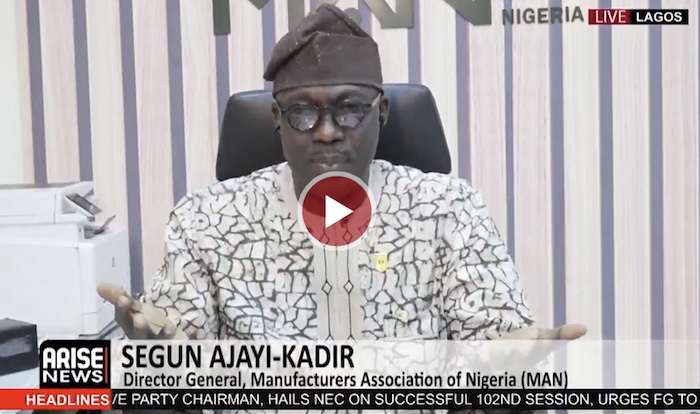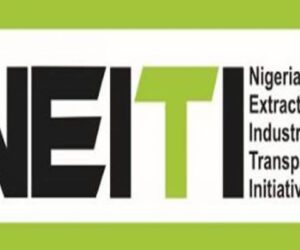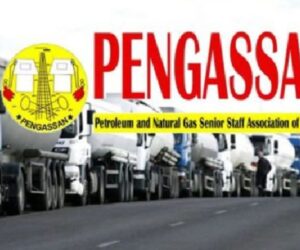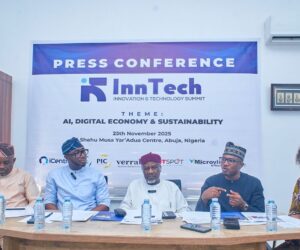The Manufacturers Association of Nigeria (MAN) has urged the Nigerian Customs Service to suspend its planned 4% Free on Board (FOB) levy, warning that the charge would escalate production costs, fuel inflation, and undermine the competitiveness of local industries.
Speaking on an interview with ARISE NEWS on Wednesday, MAN’s Director-General, Segun Ajayi-Kadir, said the new charge is “going to significantly impact our cost structure, and at the same time, set us apart from other comparable economies, particularly within the West African sub-region.”
“We are coming from a background of a high-cost environment that needed to be brought down so that we can increase production and ensure that we have a sector that is able to compete with imported products,” he explained.
“What we have seen is that in charging this 4% FOB, it is going to significantly impact our cost structure, and at the same time, set us apart from other comparable economies, particularly within the West African sub-region.”
Ajayi-Kadir pointed out that neighbouring countries like Senegal, Ghana, and Côte d’Ivoire charge between 0.5% and 1% on FOB, making Nigeria’s proposed rate disproportionately higher. He recalled that Customs previously collected a 1% Comprehensive Import Supervision Scheme (CISS) fee and a 7% cost of collection, which did not prevent it from surpassing its 2024 revenue targets.
“Meanwhile, when Customs was collecting this 1% CIS and 7% cost of collection, they were able to exceed their target for 2024,” he said. “So there’s really no imperative for increased earnings by Customs. And if it is to fund their operations, is it that they were underfunded in 2024, yet they were able to outclass their set targets?”
He argued that higher tariffs would not necessarily yield higher revenue. Instead, he urged government to focus on incentivising production and facilitating trade. “Will you be concerned about baking a bigger cake so that you can have more share for the tax authorities?
Or you are going to kill those who are going to bake the cake?” he asked. “Government revenue will be better boosted when you tax the fruits and not the seed. When you are directly increasing our cost, you are hitting on productivity. You are going to make us underperform.”
With Nigeria’s manufacturing sector currently contributes less than 9% to the country’s Gross Domestic Product (GDP), compared to 15–20% in many other economies. Ajayi-Kadir warned that raising costs at a time when inflation is still above 21% would undermine Nigeria’s ability to grow its industrial base and achieve economic diversification. “The contribution of manufacturing to GDP is less than 9%.”
“If you are able to reduce the cost of production, you will expand the output of the sector, and then we’ll be able to contribute to this revenue that we know government needs.”
Ajayi-Kadir praised the administration of President Bola Tinubu for recent economic stabilisation efforts, citing an improvement in MAN’s quarterly Manufacturers Confidence Index and recognition from WTO Director-General Ngozi Okonjo-Iweala. However, he stressed that the proposed FOB levy threatened to reverse this progress.
“This government was commended by Okonjo-Iweala for stabilising the economy, but it warned that we needed to sustain the tempo and reduce the pains that accompanied the reforms,” he noted. “This introduction is going to escalate costs and drive up inflation and reduce our competitiveness. So this is not one of it.”
Ajayi-Kadir outlined MAN’s demands, suspension of the 4% FOB levy, a return to the old regime of 1% CISS plus 7% cost of collection, and stakeholder consultations to assess the broader economic impact. “What we want is one, the suspension of the implementation of the 4% FOB, and that we are able to revert to the 1% CIS plus 7% cost of collection, whilst Customs engages in a conversation with stakeholders,” he said.
The MAN chief also called attention to inefficiencies at Nigeria’s ports, which he described as an additional burden on manufacturers. He said glitches in new automation systems had stalled clearance for weeks, causing companies to incur heavy demurrage and face stock shortages.
“For the past two weeks or so, our members have not been able to even clear their goods. And it’s incurring demurrage,” he lamented. “The cost of bringing a 40-foot container from Singapore to Nigeria is lower than what it takes to take it from the port to Agbara, just 26 kilometres away.”
Ajayi-Kadir acknowledged Customs’ efforts to modernise its processes but urged swift intervention. “They have glitches. We are patient enough to agree with them, but we should not suffer the repercussions. And that’s why we are saying we are having that engagement.”
He concluded by stressing that government policy should not prioritise short-term revenue generation over long-term economic growth. “This economy needs a huge infusion of growth levers, and it has shown resilience,” he said.
“The private sector people have borne the brunt of the maladministration of the past. Now we are having light at the end of the tunnel. Don’t let us quench this light. That’s just what we are saying.”
Erizia Rubyjeana
Follow us on:








